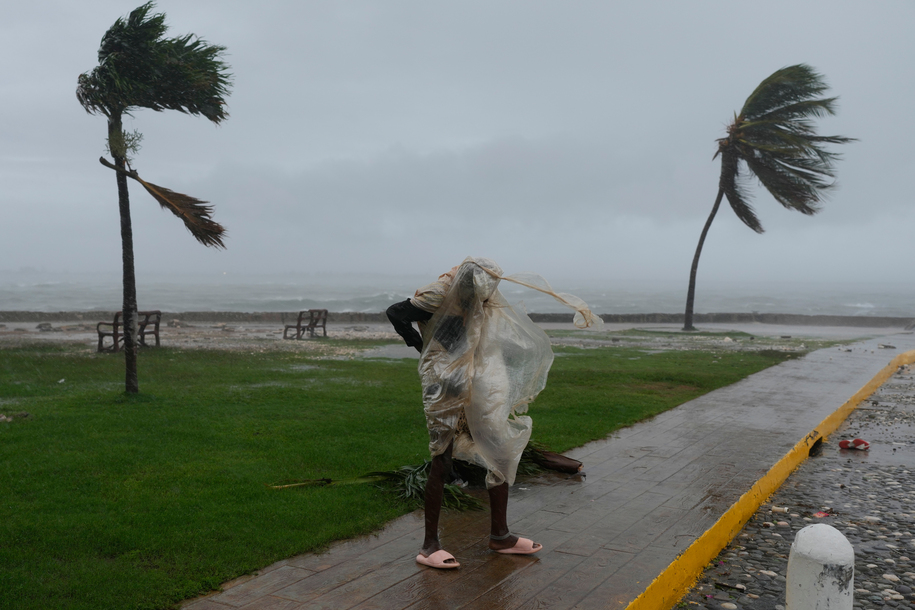Hurricane Melissa, one of the most devastating storms to strike the Caribbean, left a trail of destruction across Jamaica, Haiti, and Cuba in early November 2025. The hurricane has caused significant loss of life and widespread damage, prompting an urgent call for global assistance. As recovery efforts ramp up, the situation remains dire, with thousands displaced and critical infrastructure severely impacted.
According to the United Nations Office for the Coordination of Humanitarian Affairs (OCHA), more than 54,000 people in Cuba are currently displaced, with about 7,500 individuals residing in official shelters. The damage assessment has revealed that over 600 health facilities and 90,000 homes have been affected, leading to a humanitarian crisis that requires immediate attention. UN agencies are actively supporting recovery efforts, having assisted approximately 140,000 people with shelter and food distribution.
In Haiti, the storm claimed more than 40 lives, and humanitarian organizations are expanding their operations to address the extensive damage across various departments. The scale of the catastrophe has overshadowed other news, but communities with ties to the Caribbean are rallying to keep the situation in focus.
The U.S. Department of State reported that the United States has allocated nearly $37 million in emergency assistance for Hurricane Melissa recovery efforts. Despite this support, many observers argue that this amount pales in comparison to the proposed $40 billion bailout for Argentina, highlighting the disparity in funding priorities.
International responses have emerged, with countries like Venezuela sending aid to Cuba. Jamaica has expressed gratitude for support from Canadian donors as it navigates the aftermath of the hurricane. Communities across the U.S. are also taking action, with various fundraising efforts in places like Austin, Texas, and South Florida.
Ongoing Challenges and Climate Change Impact
As the world focuses on the recovery efforts, discussions at the ongoing COP30 climate change conference in Brazil are addressing the broader implications of climate change on hurricane intensity. UnaMay Gordon, a former director of climate change for the Jamaican government, stated, “Hurricane Melissa slammed into Jamaica…every single Jamaican now knows the word catastrophic.” The storm has resulted in losses estimated between 28% and 32% of Jamaica’s gross domestic product, underscoring the financial toll on the nation.
The long-lasting effects of Hurricane Melissa extend beyond immediate recovery needs. Theresa Rodriguez-Moodie, CEO of the Jamaica Environment Trust, emphasized the urgent need for adaptation financing and commitments to address climate change. She remarked, “These storms are becoming the norm…what we need now is radical change.”
The catastrophic nature of Hurricane Melissa has prompted a reevaluation of how Caribbean nations respond to such disasters. With the increasing frequency and intensity of storms attributed to climate change, the region faces a compounding disaster trap where recovery times are outpaced by new storms.
Community Efforts and Global Solidarity
Organizations like World Central Kitchen are on the ground providing essential meals and support to those affected by the hurricane. Their efforts include distributing food kits and kitchen equipment to families in need. As the recovery continues, the call for global solidarity becomes increasingly vital.
While many individuals in the U.S. face their own financial hardships, the importance of raising awareness and sharing information about recovery efforts cannot be overstated. Engaging with local communities and disseminating updates can contribute significantly to the recovery process.
As the Caribbean grapples with the aftermath of Hurricane Melissa, the need for sustained attention and support is clear. The road to recovery will require a concerted global effort, with nations and communities coming together to assist those in need.







